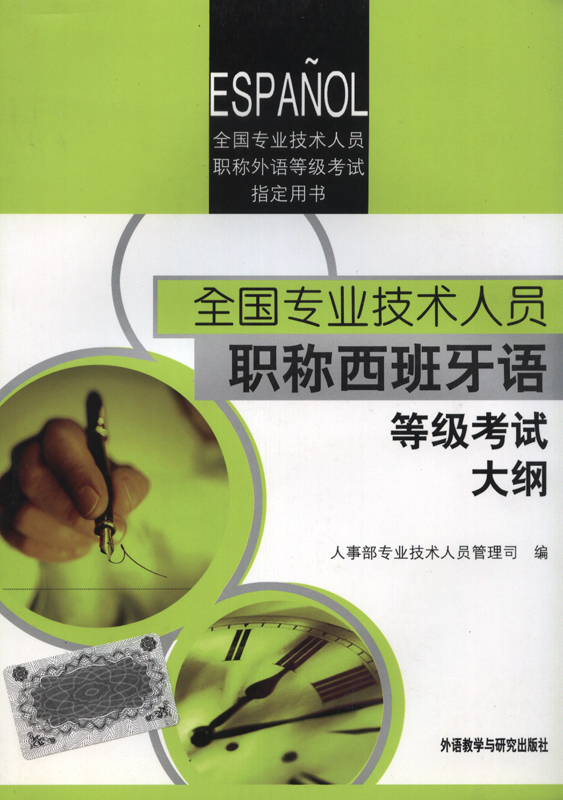s omnipresent.
A Right B Wrong C Not mentioned
18 Groundwater is a preferred source of drinking water.
A Right B Wrong C Not mentioned
19 Access to water will be regarded as a function of economic markets.
A Right B Wrong C Not mentioned
20 Compared with developed countries, the biggest problem in developing countries is cross-border conflicts and wars.
A Right B Wrong C Not mentioned
21 The middle classes drink bottled water because water pipes rarely extend to their neigh-bourhoods.
A Right B Wrong C Not mentioned
22 Bottled water is more convenient.
A Right B Wrong C Not mentioned
第3部分:概括大意与完成句子(第23~30题,每题l分,共8分)
阅读下面这篇短文,短文后有2项测试任务:(1)第23~26题要求从所给的6个选项中为第2~5段每段选择1个正确的小标题;(2)第27~30题要求从所给的6个选项中选择4个正确选项,分别完成每个句子。请将答案涂在答题卡相应的位置上。
How We Form First Impression
1 We all have first impression of someone we just met. But why? Why do we form an opinion about someone without really knowing anything about him or her-aside perhaps from a few remarks or readily observable traits.
2 The answer is related to how your brain allows you to be aware of the world. Your brain is so sensitive in picking up facial traits, even very minor difference in how a person's eyes, ears, nose, or mouth are placed in relation to each other make you see him or her as different. In fact, your brain continuously processes information—the sights and sounds of your world. These incoming "signals" are compared against a host of "memories" stored in the brain areas called the cortex system to determine what these new signals "mean."
3 If you see someone you know and like at school, your brain says "familiar and safe." If you see someone new, it says, "new—potentially threatening." Then your brain starts to match features of this stranger with other "known" memories. The height, weight, dress, ethnicity, gestures, and tone of voice are all matched up. The more unfamiliar the characteristies, the more your brain may say, "This is new. 1 don't like this person." or else, "I'm intrigued." Or your brain may perceive a new face but familiar clothes, ethnicity, gestures—like your other friends; so your brain say, "I like this person." But these preliminary "impressions" can be dead wrong.
4 When we stereotype people, we use a less mature form of thinking (not unlike the immature thinking of a very young child) that makes simplistic and categorical impressions of others. Rather than learn about the depth and breadth of people—their history, interest, values, strengths, and true character—we categorize them as jocks, geeks, or freaks.
5 However, if we resist initial stereotypical impressions, we have a chance to be aware of what a person is truly like. If we spend time with a person, hear about his or her life, hopes, dreams, and become aware of the person's character, we use a different, more mature style of thinking-and the most complex areas of our cortex, which allow us to be humane.
23 Paragraph 2 ________
24 Paragraph
















